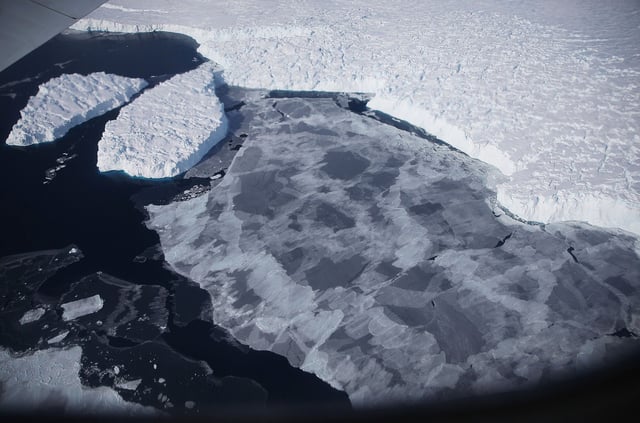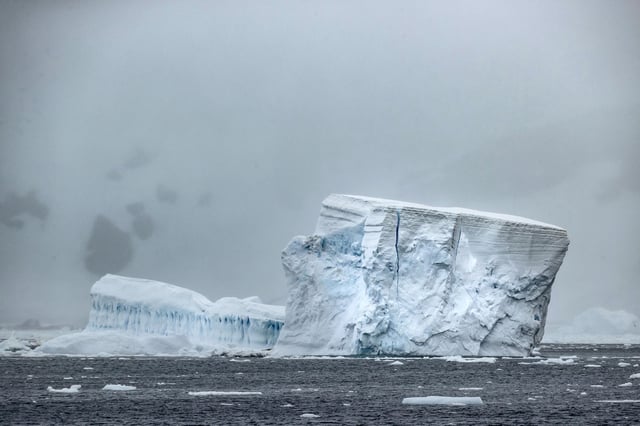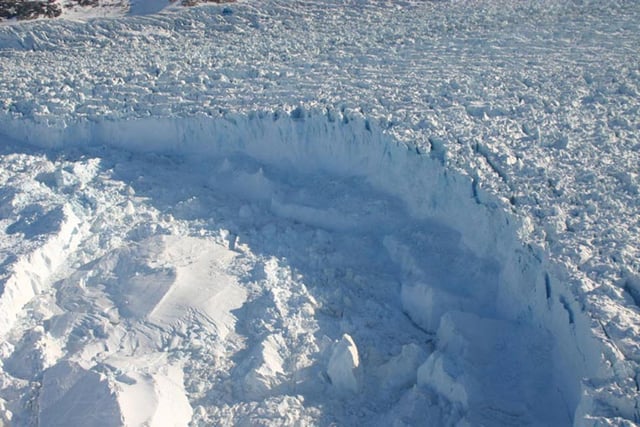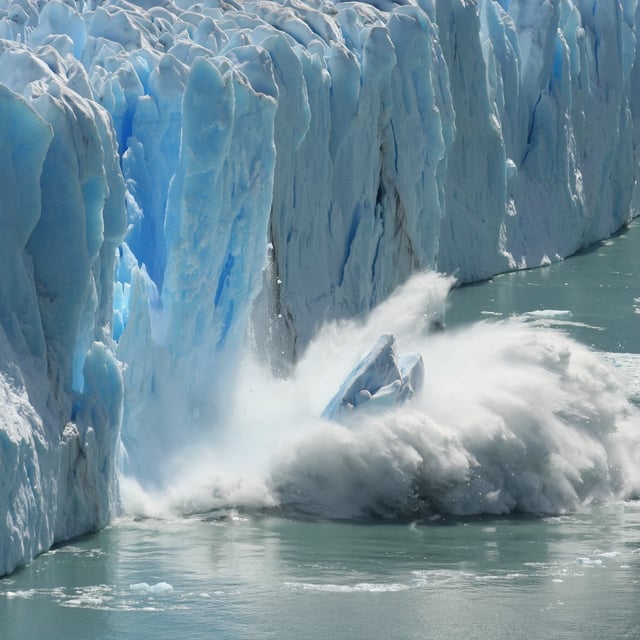Overview
- Research reveals that even limiting global warming to 1.5°C will not halt rapid ice sheet melting, with sea levels projected to rise by at least 1–2 meters by 2100.
- Greenland and Antarctic ice sheets are losing 370 billion tons of ice annually, with ice mass loss quadrupling since the 1990s, now the primary driver of sea level rise.
- Current warming of 1.2°C is accelerating sea level rise at rates that could become unmanageable within decades, threatening 230 million people living within 1 meter of sea level.
- Scientists emphasize that ice sheet melting is effectively irreversible on human timescales, with recovery taking centuries to millennia even if temperatures return to pre-industrial levels.
- The world is on track for 2.5–2.9°C warming by 2100, far exceeding thresholds for ice sheet collapse, underscoring the urgent need for immediate and deep emissions cuts.



